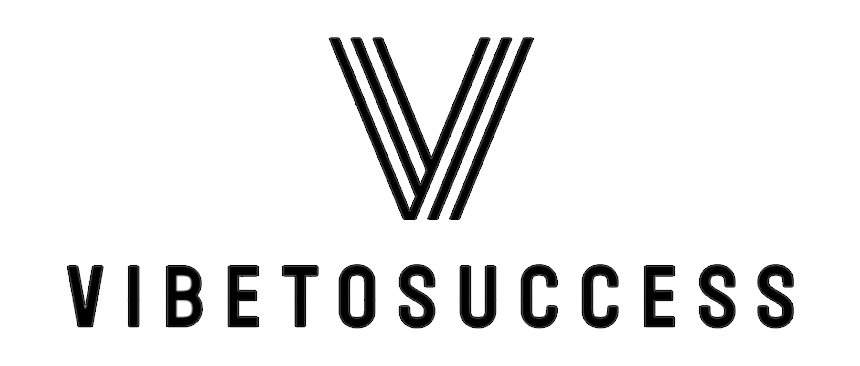Starting a business is an exhilarating journey, but the path from initial concept to successful venture is rarely straightforward. Many entrepreneurs fall in love with their ideas, discovering later that the market doesn’t share their enthusiasm. That’s why business idea validation is crucial – the strategic process separates promising startups from costly failures.
Understanding Business Idea Validation
Business idea validation is more than just a preliminary step; it’s a critical decision-making framework that helps entrepreneurs determine whether their business concept has real market potential. It’s about transforming a spark of inspiration into a viable business model through systematic research, customer insights, and strategic planning.
Why Validation Matters
Imagine investing months or years of your time and significant financial resources into a business, only to realize there’s no genuine market demand. Proper validation helps you:
- Minimize financial risks
- Understand your target customers deeply
- Refine your business concept
- Develop a more focused marketing strategy
- Increase the likelihood of startup success
The Comprehensive Validation Process
- Market Research: Your First Strategic Step
Market research is the foundation of idea validation. It’s not just about collecting data – it’s about gaining actionable insights. Start by:
- Analyzing industry trends
- Identifying potential customer segments
- Understanding market size and growth potential
- Evaluating competitor landscapes
Pro tip: Use tools like Google Trends, industry reports, and market research platforms to gather comprehensive data about your potential market.
- Customer Discovery: The Heart of Validation
Your business exists to solve customer problems. The most successful entrepreneurs are those who deeply understand their ideal customers’ pain points, desires, and purchasing decisions.
Strategies for effective customer discovery include:
- Conducting targeted interviews
- Creating online surveys
- Participating in relevant online communities
- Attending industry events
- Analyzing customer feedback on similar products or services
- Develop a Lean Validation Framework
The lean validation approach helps you test your business hypotheses with minimal investment. Key steps include:
- Creating a minimal viable product (MVP)
- Running small-scale tests
- Gathering direct customer feedback
- Iterating quickly based on insights
- Financial Feasibility Analysis
Beyond market interest, you need to understand the financial viability of your business idea:
- Estimate potential revenue streams
- Calculate initial startup costs
- Project potential profitability
- Understand your pricing strategy
- Analyze break-even points
- Validate Your Business Model
Not all great ideas translate into sustainable business models. Consider:
- Revenue generation methods
- Customer acquisition costs
- Scalability potential
- Unique value proposition
- Competitive advantages
Practical Validation Techniques
- Landing Page Test Create a simple landing page describing your product or service. Use targeted ads to drive traffic and measure:
- Click-through rates
- Sign-ups
- Email list growth
- Crowdfunding Platforms Platforms like Kickstarter can help you:
- Gauge market interest
- Raise initial funding
- Get early customer feedback
- Pre-sales and Commitments Some entrepreneurs successfully validate ideas by:
- Offering pre-sale discounts
- Creating waitlists
- Requesting small deposits
Common Validation Mistakes to Avoid
- Falling in love with your idea and ignoring contrary evidence
- Asking only friends and family for feedback
- Neglecting to talk directly with potential customers
- Overcomplicating your initial concept
- Ignoring negative feedback
Tools and Resources for Entrepreneurs
- Google Keyword Planner
- SurveyMonkey
- Typeform
- Lean Startup methodology resources
- Industry-specific market research platforms
When to Pivot or Persist
Validation only sometimes means immediate success. Sometimes it means:
- Significant concept refinement
- Targeting a different customer segment
- Adjusting your business model
- Completely pivoting your idea
Final Thoughts
Validating a business idea isn’t about eliminating all risks but making informed, data-backed decisions. Successful entrepreneurs view validation as an ongoing learning, adapting, and strategic testing process.
Remember, every successful business started as a humble idea carefully tested, refined, and validated. Your entrepreneurial journey is no different. Embrace the validation process, stay curious, and be ready to iterate.
Take Action Now
- Define your initial business concept
- Conduct market research
- Engage potential customers
- Test your assumptions
- Refine and adapt
Your dream business is waiting – validate it with strategy, patience, and insight.

